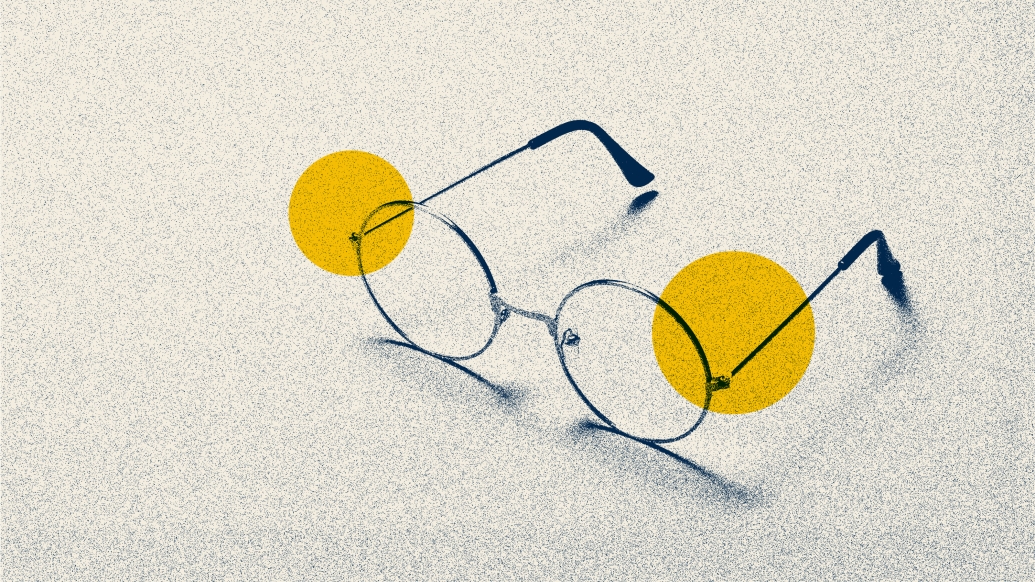Study shows younger patients need better access to attractive, affordable eyewear
5:00 AM
Author |

Uncorrected refractive error—or, simply needing eyeglasses—is the main cause of visual impairment in United States youth. A lack of glasses leads to decreased school and work performance and worse overall health and wellbeing. And now, research shows that a few key barriers stop young people from getting the glasses they need.
The research, authored by Olivia Killeen, M.D., and Tammy Chang, M.D., surveyed over 1,000 patients about their experiences with eye care. Nearly 64% say they experience eye problems, and most commonly say they need glasses. Over 85% of youth say they value their eyesight highly, but face barriers to obtaining and wearing glasses. Over half reported that appearance was a barrier to eyeglasses and 16% said that cost was an issue. Although many share that glasses can be fashionable, others say they don't have access to stylish options.
“Youth value their eyesight highly, so any unmet needs for glasses or eyecare is due to external barriers – not because they don't care,” Killeen said.
Uncorrected refractive error takes a toll on individual youth and the community at large. A simple way to address this public health problem is making stylish, affordable glasses for kids, teenagers and young adults. Over half of the participants in this study were open to purchasing glasses online, which may expand options for stylish glasses at affordable prices. The researchers say school-based clinics can also help improve access to eye glasses for younger people.
“This [study] is especially timely as youth are now back in classrooms after the pandemic. Many need glasses to see and learn well, but they are thwarted from getting and wearing glasses by these modifiable barriers,” Chang said.
Additional authors inlcude Juno Cho M.D., M.S.; Sarah A. Raven, M.D., M.S.; Grace M. Wang M.D., Ph.D.; Amani Mubeen; Lydia Kim; Anne Claus; Maria A. Woodward M.D., M.S.; Paula Anne Newman-Casey M.D., M.S.
This work was supported by the University of Michigan National Clinician Scholars Program. PAN-C was supported by a Research to Prevent Blindness Physician Scientist Award. The funder did not have any role in the research.
Paper cited: "A Qualitative Assessment of the Experiences with Eye Health and Barriers to Eyeglasses among U.S. Youth," Journal of the American Academy of Optometry. DOI: 10.1097/OPX.0000000000002003

Explore a variety of health care news & stories by visiting the Health Lab home page for more articles.

Department of Communication at Michigan Medicine
Want top health & research news weekly? Sign up for Health Lab’s newsletters today!





